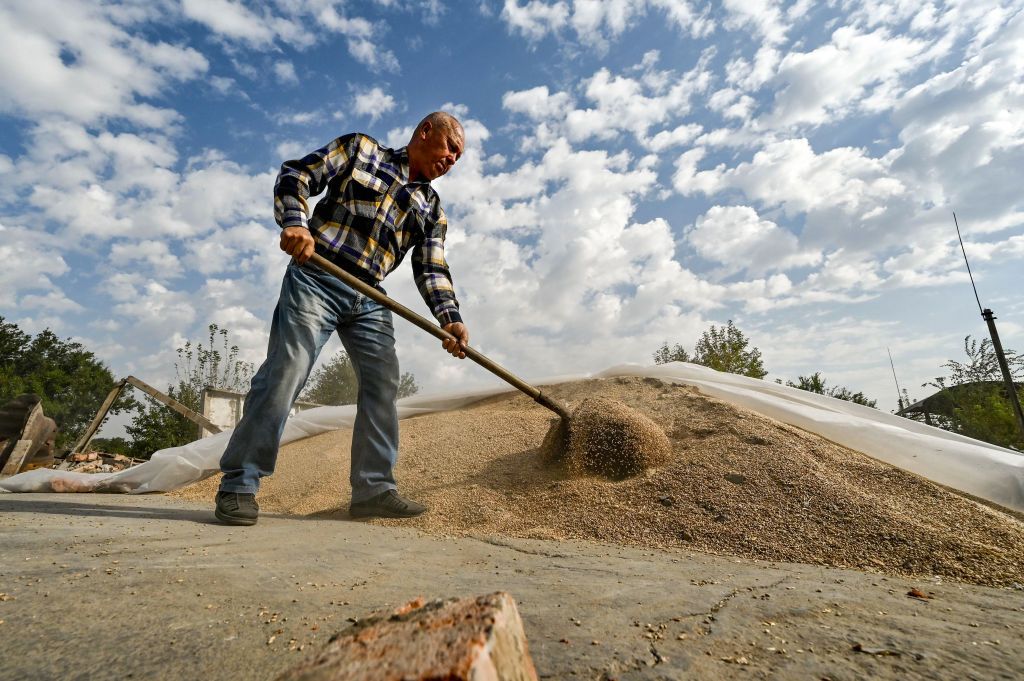Kyiv detains cargo vessel for allegedly shipping Ukrainian grain from occupied Crimea.
Support independent journalism in Ukraine. Join us in this fight.
Become a member Support us just onceThe Security Service of Ukraine (SBU) said on July 11 that it had detained a foreign cargo vessel and its captain near Odesa, who helped Russia to ship out Ukrainian grain from occupied Crimea. The ship, sailing under a flag of an unspecified central African country, "carried out Russia's orders" and has transported "looted agricultural products" from Sevastopol to the Middle East in 2023-2024, the SBU said. Only by mid-2023, Russia is believed to have stolen up to 6 million metric tons of grain harvested in occupied Ukrainian territories.
The damage to Ukraine's agriculture industry is further compounded by the ongoing hostilities - often targeting agricultural facilities - and Russia's threats to the Black Sea shipping routes. According to the SBU, the detained captain regularly turned off the vessel's GPS tracker and logged falsified data to hide his activities. The detainee is a citizen of an unspecified South Caucasian country, and his crew included 12 other foreigners.
The vessel has been towed to Odesa while the investigation is ongoing. Ukraine is one of the world's leading agricultural producers, traditionally supplying countries across Africa and Asia with grain, sunflower seeds, and other products. Throughout the full-scale war, Russia sought to curb Ukraine's ability to ship out its grain and replace Ukrainian products in global markets with their own production, as well as with grain looted from occupied territories.
Despite Russia's attempts at blockading the Black Sea, Ukraine has managed to reopen a trade corridor, reviving its maritime exports.
Russia planned to steal grain and starve Ukrainians ahead of invasion, evidence shows
Following the launch of the full-scale invasion in February 2022, Russian forces attacked grain-rich regions and food infrastructure first as part of a deliberate starvation campaign, according to human rights law firm Global Rights Compliance.
